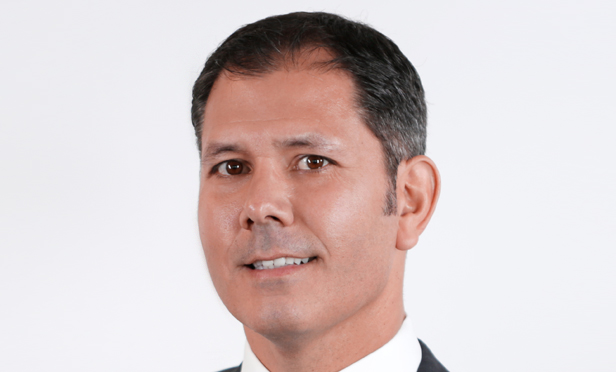 Coo: “Know your asset’s strengths and have solutions prepared for your center’s weaknesses in advance.”
Coo: “Know your asset’s strengths and have solutions prepared for your center’s weaknesses in advance.”
IRVINE, CA—“It is important to know how your asset is different and to determine an overall business plan,” says Nicholas Coo, senior managing director with Faris Lee Investments. For the retail sector, the sentiment couldn’t be more timely. While retail property has seen large year-over-year appreciations over the past four years, the market has been slowing down and may soon flatten out. But many sellers continue to price along an ascending trajectory which leads to lengthy marketing times with little or no bids, says Coo, potentially damaging the property’s perception within the marketplace. GlobeSt.com met up with him recently to get his take on pricing as well as strategies to elevate investor interest and long-term vision.
GlobeSt.com: Why is it important to right-price an asset right when it is placed on the market?
Nicholas Coo: After many years of continued growth followed by a slowing or flattening of the market trajectory, the opportunity lies with sellers and their brokers to price an asset at the current market value. Many sellers continue to be in the mindset that they can inflate their asking price and still get offers. If they are selling a non-core, non-institutional property, this is just not a successful strategy as it hurts its perception with potential buyers. By offering an asset at a reasonable asking price, it is often separated out from the other comps that are simply “on the market.” Pricing carefully and knowing how your project compares to the alternatives is crucial.
GlobeSt.com: What else does Faris Lee do to separate a property from the growing inventory?
Coo: It is important to know how your asset is different and to determine an overall business plan. Many marketing campaigns show a property’s rent roll and NOI, but lack a detailed vision for where the asset is going or where the operational opportunity is. Having a transitional business plan ready ultimately validates the opportunity and pricing. Now more than ever, it is crucial to recruit the aid of local area leasing agents and managers to provide a transition team for the new owner. In addition, it is important to have third-party opinions that justify value as well as the proposed business plan for the property as outlined by the marketing campaign.
GlobeSt.com: How does financing fit into compressing your marketing campaign?
Coo: Pre-qualifying your debt options is a successful strategy. Faris Lee recently won an assignment where the seller commented on the fact that we were the only group out of three that provided multiple financing options from various types of lenders (banks, insurance companies, and conduits). Knowing which lenders will do your deal and knowing how they size the loan dollars is a huge factor in maximizing value and closing without false starts. Leaving the debt strategy up to the buyer will lead to cancelled deals, lengthened marketing times, and potentially an eroding value due to the expanded timeframe. Also, it is important to consider the fact that high leverage is not important to every buyer. A trade buyer may have to, or want to place 50 percent down, and could benefit from better rates from lenders such as insurance companies who prefer lower leverage loans. We choose to have multiple options ready for various buyer profiles.
GlobeSt.com: What else should we know about marketing an asset in today’s market?
Coo: Know your asset’s strengths and have solutions prepared for your center’s weaknesses in advance. It is important to know everything there is to know about the asset, the tenants, etc. in order to speak to the specific solutions and business plan for the future. If there is a weakness in the tenant roster, have a solution for likely replacements, or know why its rent to sales make it a long-term, secure tenant.
Recently, Faris Lee closed on an asset which featured a short-term anchor lease for a tenant which represented a large percentage of the center’s income stream. Instead of allowing the market to deduct for the value or having the lender surprise us and the buyer with reserves, we were proactive and structured the deal from the onset with reserves when initially presented to buyers. When it ultimately came up during the financing process, the buyer was prepared and the transaction continued smoothly through closing.
Visit Faris Lee at ICSC New York Booth #1215.

















 Copyright © 2024 ALM Global, LLC. All Rights Reserved.
Copyright © 2024 ALM Global, LLC. All Rights Reserved.